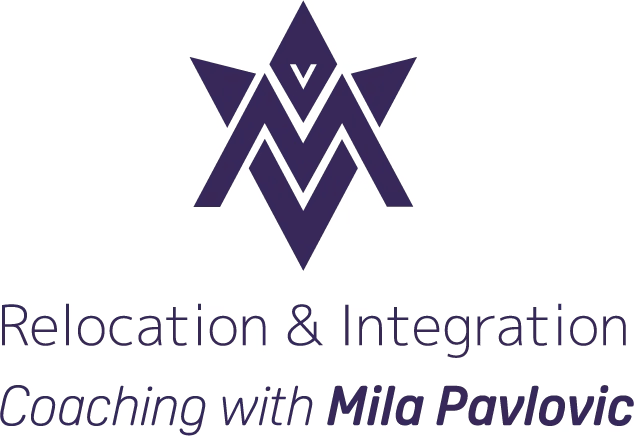Relocation starts before you pack your bags.
A structured coaching program that helps you prepare emotionally and practically for your move abroad.
From shaping your dream to building relationships, you’ll gain clarity and confidence for the journey ahead.
What is the Relocation Journey?
The Relocation Journey is a personalized coaching program designed to help you prepare for life abroad with clarity, confidence, and resilience. In focused sessions, you’ll move from dreaming about your future to creating a practical roadmap and building the inner and outer resources you need to thrive. Together, we explore your vision, clarify your options, strengthen your stability, and prepare you for the identity and relationship shifts that relocation brings. This journey is more than planning a move — it’s about shaping the life you want to live.
Seven Steps to Relocation Readiness
Is This the Right Fit for You?

Is This Program for You?
- Dreaming about moving abroad but don’t know where to begin
- Curious how relocation will affect your lifestyle and relationships
- Ready to approach your move with structure, and clarity
- Looking for personal support that goes beyond checklists and logistics
By the End of the Program You Will…
- Have a clear vision of the life you want to create
- Know your priorities and how to make confident choices
- Hold a structured roadmap for your journey
- Feel anchored by stability, resilience, and inner resources
- Be prepared for cultural differences with realistic expectations
- Understand and embrace the identity shifts
- Have a plan to build meaningful relationships and a sense of belonging


Practical Details
It’s a personal coaching program that combines reflection, theory, and action. Each session includes:
- Coaching — tailored conversations to explore your situation and unlock clarity
- Frameworks — proven models that bring structure to your decisions and transitions
- Resources — worksheets, readings, and tools you can use beyond the sessions
- Homework — practical actions to move your journey forward between sessions
You can choose between two formats:
- 7 × 1.5-hour sessions — one deep-dive session for each stage of the journey
- 14 × 40-minute sessions — shorter, more focused sessions spread across the journey
Delivery: Online
Your relocation can be more than a move. It can be a transformation
Start the Relocation Journey today and prepare with clarity, courage, and connection.
Coming Soon: Group Sessions
Relocation is a personal journey, but it doesn’t have to be a lonely one. In the near future, this program will also be available as a small-group program, where you can share experiences, learn from others, and build connections with people on a similar path.
Want to be the first to know when group sessions open?
Join the waiting list

